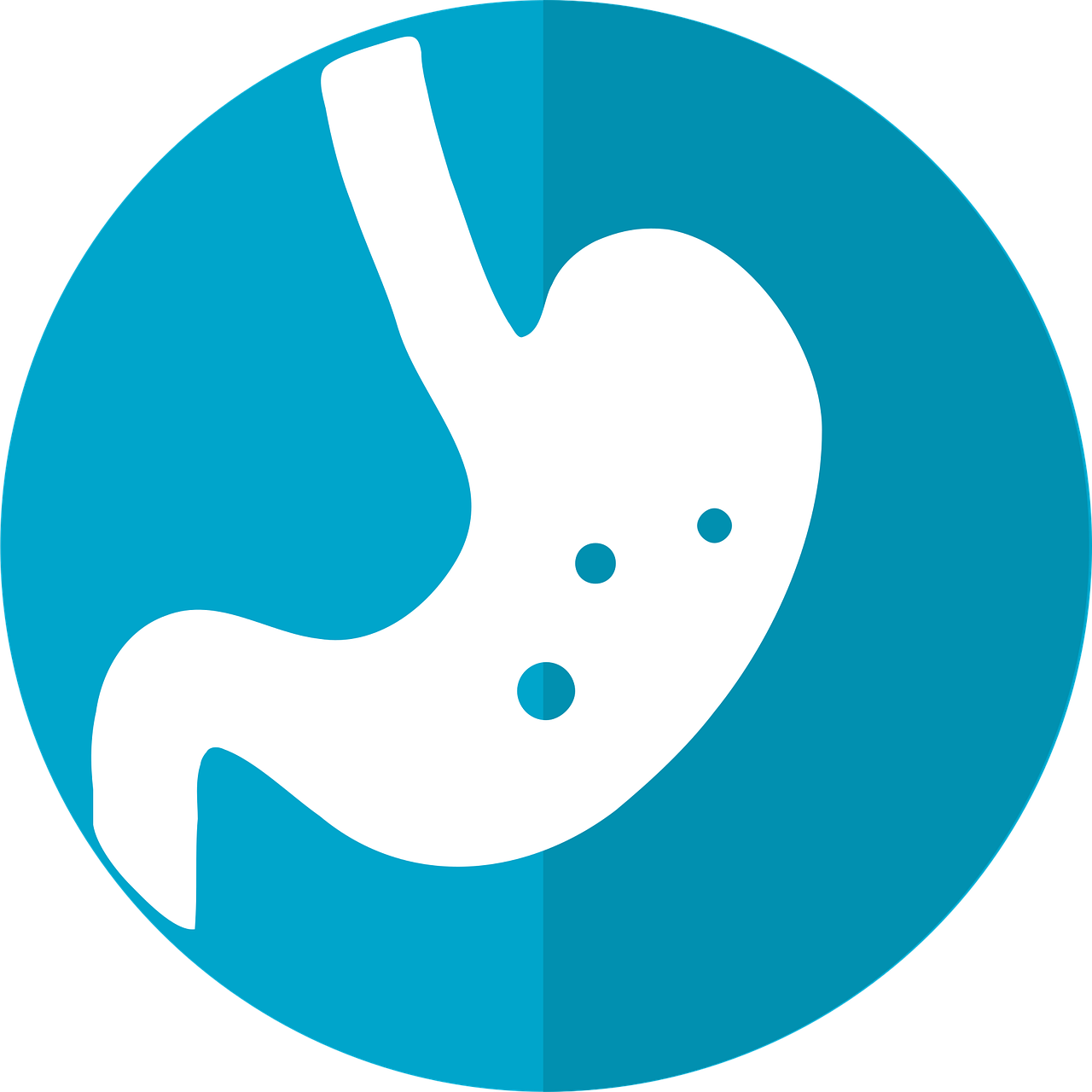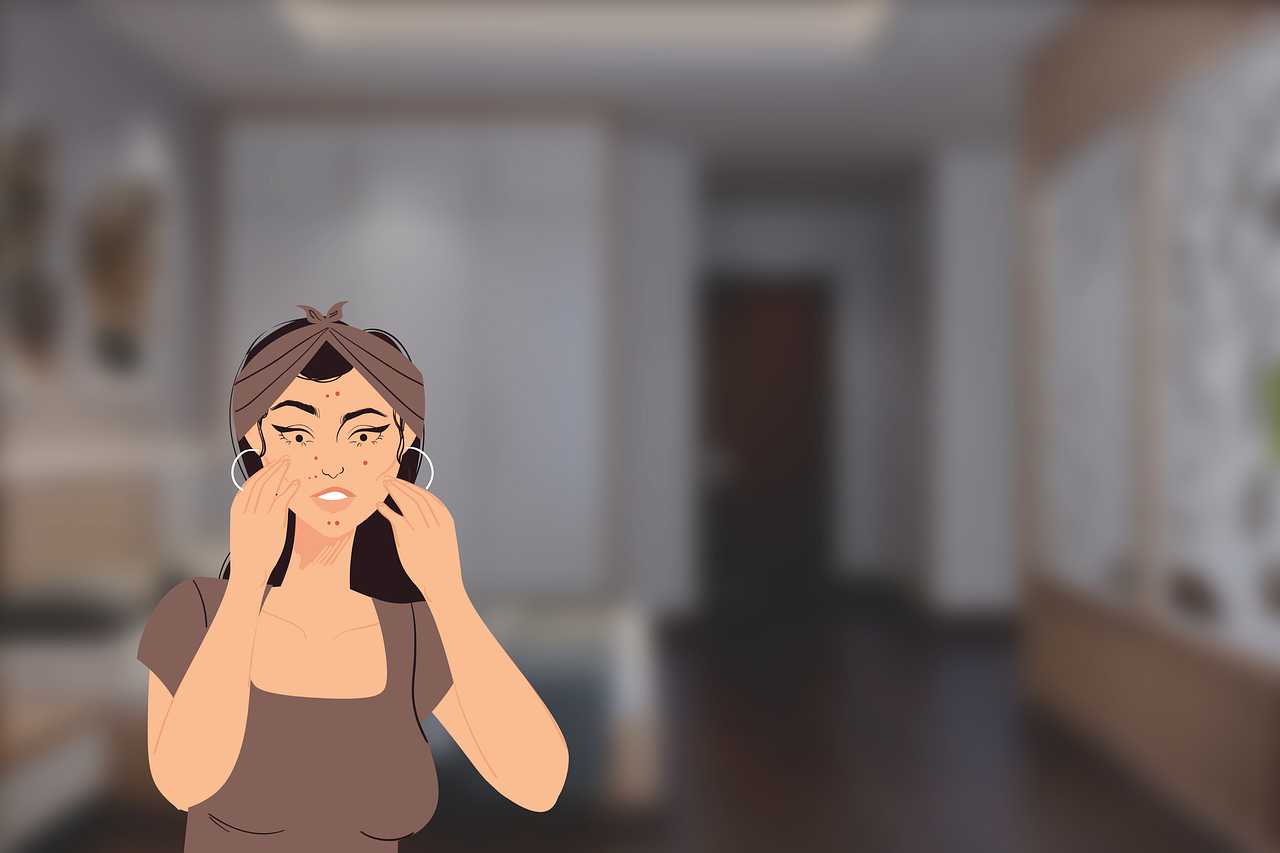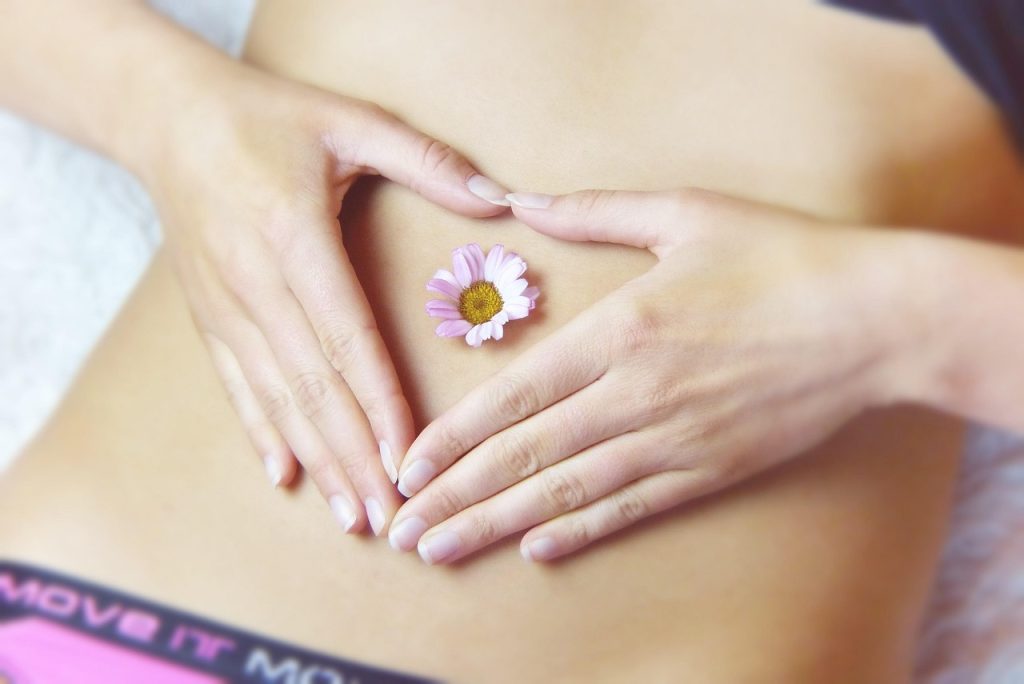They say 90% of serotonin is made in the gut, not the brain. That feel-good hormone that lifts your mood, helps you sleep, and keeps you calm it’s mainly produced down in your belly. So when your gut is off, it’s not just digestion that takes the hit. Your energy, your skin, your focus, even how you feel about the day all of it can wobble. That’s how big of a deal gut health is.
We often shrug things off a little bloating, some tiredness, or odd food reactions. But these aren’t small things. They’re signs. They’re your gut’s way of saying: something’s not right. And if you catch these early, you can sort things before they pile up into bigger issues.
That Bloated Feeling That Doesn’t Budge
Roughly 1 in 6 Aussies deal with bloating regularly. That tightness, that puffed-up feeling, that swollen stomach, it’s your gut saying it’s having a hard time breaking things down.
Some days it’s food. Some days it’s stress. But when bloating becomes your normal, your gut might be dealing with too much gas, bad bacteria, or just moving things along too slow. It’s not about cutting out everything. It’s about tuning in. Seeing patterns. Noticing if something’s stuck.
More on this at Healthdirect Australia.
Your Bowels Are Telling You A Story

Three times a day or three times a week both can be okay. But if things suddenly switch, that’s a sign. If your gut can’t keep a rhythm constipation, diarrhoea, or swings between both it’s not just randomness. It’s often linked to how your gut bacteria are behaving.
IBS, stress, dehydration, poor diet any of these can be the cause. But before jumping to labels, just notice how your gut’s reacting. Is there pain? Is there urgency? Do you feel relief after going? These questions matter more than just counting how many times.
More guidance is always available at Better Health Channel.
Food Feels Different Lately
Used to handle spicy curries, and now even mild meals cause discomfort? Food reactions that show up later in life can mean your gut lining is getting sensitive. It might be that your body is reacting to gluten, dairy, or high-fat foods not in a dramatic allergy way, but in a low-level inflammation kind of way.
When the gut barrier is weak, undigested bits sneak through and your immune system steps in. That’s when things start to feel ‘off’ after meals. Gassy. Sleepy. Sluggish. And you don’t know why.
This is where clinics like [Longevity Clinic] sometimes run tests to spot what’s causing the noise, not just covering it up with a diet list.
You’re Tired And You’ve Slept Well
Here’s what’s wild: your gut helps absorb B vitamins, iron, magnesium, all the stuff that powers energy. If your gut’s not absorbing properly, no matter how well you eat, the fatigue can still hit.
You wake up tired. Midday slump shows up early. Brain feels foggy. Not just from stress, but from not getting what you need even if you’re eating right.
Gut-driven fatigue isn’t always dramatic. It creeps in. Quiet but constant. But once your gut starts to heal, the energy often follows.
You can always explore energy and gut-related info on HealthHub Australia.
Your Skin Is Acting Up (And It’s Not Your Moisturiser)

Rashes. Acne. Eczema. We go looking for new skincare, creams, and soaps. But sometimes, the issue runs deeper down to your gut.
When the gut can’t keep toxins in check, they leak into the bloodstream. That’s when skin flares happen. Inflammation starts within, not on the surface. The creams may help temporarily, but the root fix often comes from inside out.
Not always easy. But a healthy gut makes clearer skin a lot more likely.
Check what the experts say at Australian Government Health.
You’re Gaining or Losing Weight Without Trying
If your weight is shifting and your habits haven’t changed, the gut may be in the driver’s seat. Some bacteria store fat more easily. Some mess with hunger hormones. Others make you crave certain foods.
Gut imbalance can mean your metabolism is confused. Calories don’t behave the way they used to. That’s why some people do everything “right” and still struggle.
Support programs like the ones offered by Longevity Clinics in Australia often begin by reviewing the gut, not just the food diary.
Is Your Gut Trying to Tell You Something? Signs You Shouldn’t Ignore
There’s no one-size-fits-all symptom. Sometimes it’s the mood. Sometimes it’s cravings. Sometimes it’s a mix of little things that feel unexplainable. But your gut knows. It’s one of the body’s smartest systems.
If any of these signs sound familiar, don’t panic but don’t brush them off either. You don’t need an immediate fix. Just awareness. Just that moment where you go, “Hmm. Maybe I should check this out.”
Because the gut never lies. It always tells the truth. You just have to know how to listen.





















